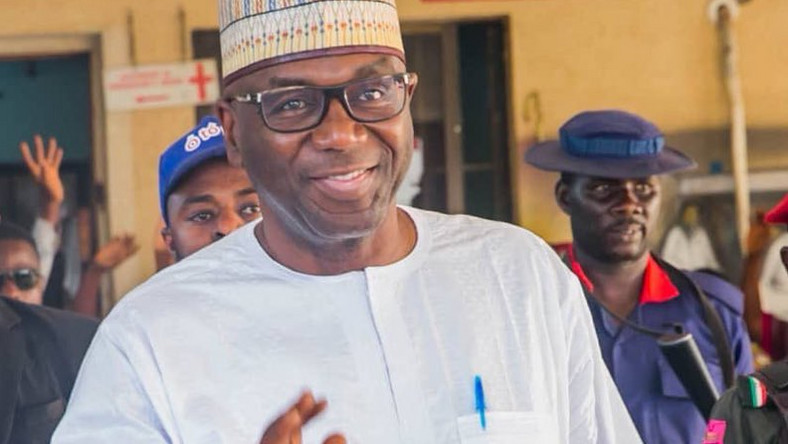Kwara increases ministries from 16 to 20
Date: 2021-08-22

The Kwara State Executive Council has approved a memorandum to restructure and split some government ministries to achieve greater efficiency.
It also said the restructuring would ensure effective coordination of mandates and accommodate the developmental needs of the 21st century.
With the restructuring, the number of ministries has increased from 16 to 20.
The memorandum was presented by the State Head of Service, Mrs Modupe Oluwole, at a virtual cabinet meeting on Friday evening chaired by Governor AbdulRahman AbdulRazaq.
The Commissioner for Communications, Mrs Abosede Buraimoh, said the cabinet approved that the Ministry of Solid Minerals Development be split from the Ministry of Enterprise, while the latter was renamed Ministry of Business, Innovation and Technology, to drive the state's huge investments in innovation and technology.
The development also meant the old Ministry of Tertiary Education, Science and Technology would be known as the Ministry of Tertiary Education.
The council further approved the partitioning of the Ministry of Works into the Ministry of Housing and Urban Development, a step designed to concentrate on the challenge of housing and urbanisation as drivers of economic development.
The Ministry of Women Affairs and Social Development was divided into the Ministry of Women Affairs and Ministry of Social Affairs for efficiency in their core responsibilities, particularly because of the increasing scope of issues relating to women globally.
The Ministry of Sports and Youth Development became the Ministry of Youths Development, following the recent creation of the Kwara State Sports Commission, which now has the obligations to streamline and coordinate sporting activities and promotion in the state.
The cabinet also approved the carving out of the Ministry of Planning and Economic Development from the current Ministry of Finance and Planning, leaving the finance segment of the old ministry to stand on its own.
The cabinet upheld the argument that the "responsibility of planning has evolved into diverse and well-developed branches, which makes it expedient to make it a full-fledged ministry to enhance robust and seamless planning process" as well as allow for finance, which is also large and critical to the fiscal success of the government, to optimise its focus.
The council also approved that each of the ministries - now 20 in total, up from the 16 - would be manned by separate permanent secretaries, while the existing directorates in each of them would subsist.
The Head of Service also briefed the council on the recent Kwara Geographic Information Service Law 2020, which stipulates that the agency will coordinate and superintend over the Office of the Surveyor-General, Bureau of Lands, Physical Planning Authority and Urban and Regional Planning.
Source



